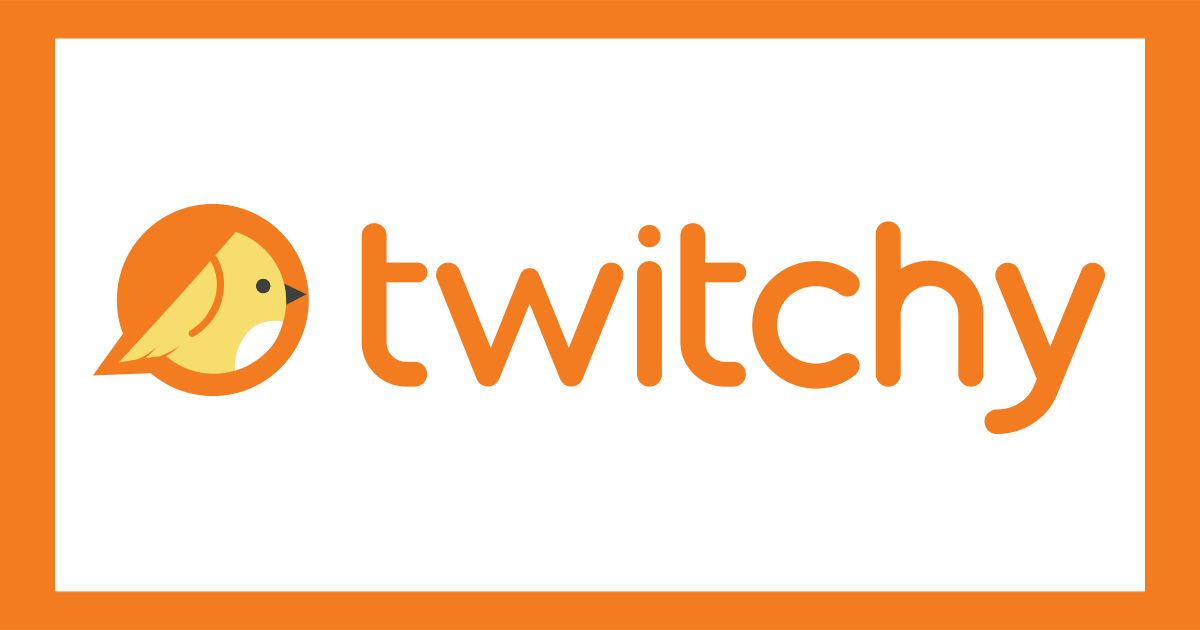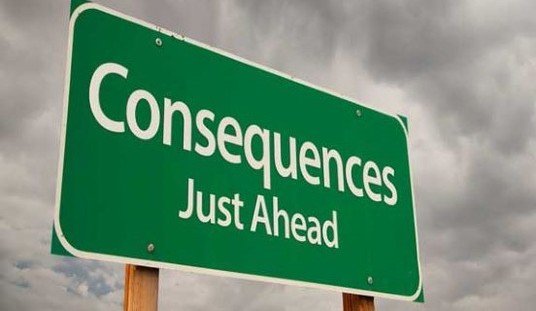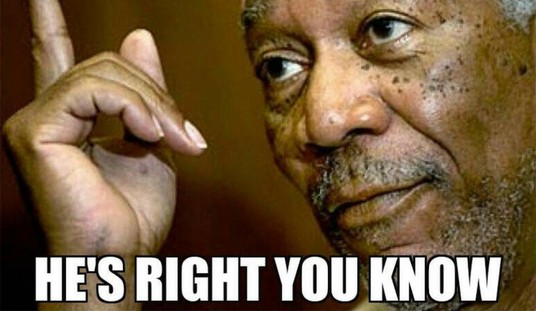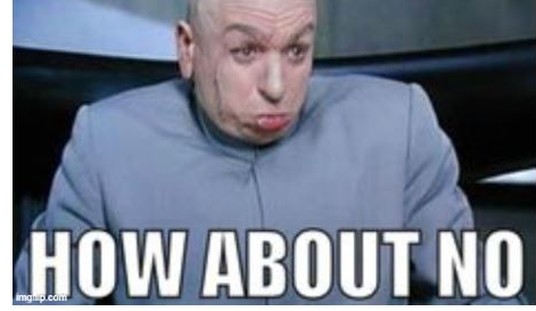It’s obvious, especially now that the president himself is on board, that “Russia hacked the election” is the narrative the mainstream media is going to run with through the end of the year, at least. If only everyone could get on the same page as to what constitutes hacking, maybe the effort would have a little more credibility.
Jill Stein’s recount effort flamed out in a big way, as it should have. Greg Palast, who giddily broke the news that she’d be pursuing recounts in three “red-flagged” states, relayed that she’d targeted Wisconsin because “the votes were cast on proven hack-prone machines.” Proved by whom, and hacked how, exactly, without an Internet connection? Well, maybe Russian agents sneaked in with floppy disks and reprogrammed the voting machines.
Well, suppose “hacked” means that the Russians used leaks to “hack” into Americans’ perceptions of Hillary Clinton and made her appear dishonest and unlikable? That would explain why even her husband had to keep telling crowds on the campaign trail that Hillary was a great person — if only the public had the opportunity to get to know her during her decades in the public eye.
Now Slate is weighing in with its hacking story. As it goes, those John Podesta emails that WikiLeaks posted weren’t hacked at all — he gave away his password by clicking on a phishing email after a campaign aide mistakenly advised him the email was “legitimate” rather than “illegitimate.”
Recommended
That revelation led to headlines like this one:
Did Donald Trump win the election because of a typo? https://t.co/wKI8EBOnsG pic.twitter.com/atc4GmMIBy
— VANITY FAIR (@VanityFair) December 14, 2016
The short answer: No.
John Podesta's gmail account was compromised via phishing link. People are vastly exaggerating the complexity of this supposed "hacking" op
— Michael Tracey (@mtracey) December 10, 2016
But now Slate has spoken with the aide whose typo (maybe) helped Russia “hack” the election.
I talked to the IT guy whose “typo” helped Russia (maybe) hack the election: https://t.co/Bq8XbsxUHy pic.twitter.com/ynVM58IEfe
— Slate (@Slate) December 18, 2016
my God you people are stupid. Either that or you know your readers are. No one hacked the election.
— Jimni27 (@jimni27) December 18, 2016
“Hack the election” cc @JohnEkdahl https://t.co/hvTUSUrNDf
— The H2 (@TheH2) December 18, 2016
what in the fuck does "hack the election" mean?
— hi, friend (@DrunkPoliticsVA) December 18, 2016
It means Hillary was supposed to win, and she didn’t.
The continued use of "hack" in relation to the election makes me want to SCREAM!
— It's Only Words (@itsonlywords) December 18, 2016
John Podesta fell for a phishing scam which exposed Hillary's illegal server & the DNC. No real hacking at all. #FakeNews https://t.co/0AMRl3wfJX
— David Morgan (@StarCoreOne02) December 18, 2016
https://twitter.com/AdamTheKaplan/status/810294904953929728
That’s funny: just three days before exploring how a typo helped Russia hack the election, Slate ran a piece declaring that Russia didn’t hack the election.
Russia didn’t hack the U.S. election. It hacked the voters. https://t.co/PIhfwt0fj2 pic.twitter.com/0AMUkUMRFt
— Slate (@Slate) December 15, 2016
Make up your minds, guys. Better yet, just stop publishing for a while. Another fake scandal will be along soon enough.
























Join the conversation as a VIP Member